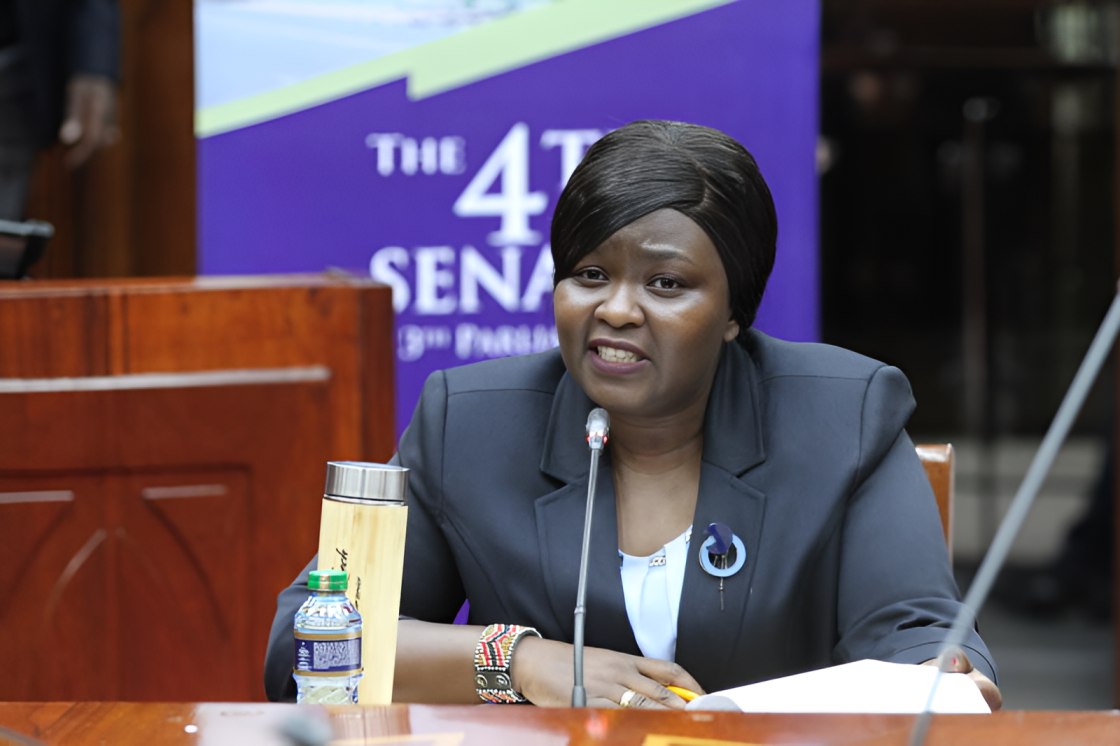New CBK system to tighten control over county payments

CBK revealed that the upgraded digital platform — an enhanced version of the T24 core banking system, will streamline county transactions.
Rogue officials who have been diverting tender payments for personal gain are set to be locked out of a new digital banking system that the Central Bank of Kenya (CBK) will introduce next month to boost accountability and eliminate corruption in public finance.
Appearing before the Senate, CBK revealed that the upgraded digital platform — an enhanced version of the T24 core banking system — will streamline county transactions by ensuring that only pre-approved suppliers receive payments, effectively blocking unauthorized changes and fund diversions.
Deputy CBK Governor Susan Koech said the new online banking system, set to launch in August, is part of broader efforts to eliminate loopholes, strengthen financial oversight, and bring transparency to county government operations.
“The system will provide an end-to-end digital transaction trail, ensuring that suppliers and beneficiaries are paid directly through the online platform without manual interference,” said Koech.
She explained that once a supplier is cleared for payment through the Integrated Financial Management Information System (IFMIS), the funds will automatically move to the supplier’s account, eliminating opportunities for manipulation. “If supplier A is to be paid, the process will move from IFMIS straight to the online platform, and that’s the supplier who gets paid. This eliminates cherry-picking and brings integrity to the process,” she said.
CBK Governor Kamau Thugge added that the system has been designed to tightly control the payment chain, preventing accounting officers from altering beneficiary details once payments have been approved by the Controller of Budget.
“One of the faults of the current system is where the Controller of Budget approves funding for a particular supplier, but the accounting officer pays someone else. With the new system, that will no longer be possible,” said Thugge.
The new platform will integrate the approval and payment stages, remove manual interventions, and make it nearly impossible to reroute funds. It will also enhance real-time tracking of county-linked accounts through a separate initiative known as the Granular Data Integration (GDI) platform.
Under GDI, CBK will be able to monitor transactions across all county accounts held in commercial banks, identify irregular transfers, detect unexplained account closures, and trace balances by county in real time.
“We are uploading all Payment Service Providers and bank data into the system. Once complete, we will be able to see account movements across counties in real time,” Koech told the Senate.
She further said that all Payment Service Providers had been onboarded onto the GDI platform, and CBK aims to bring all commercial banks onto the system by the end of October.
In addition to improving accountability, counties will still be able to operate functional sub-accounts — such as those for bursaries and health facilities — under the Treasury Single Account model, as long as they are controlled and reported centrally.
“This platform will allow us to get balances from county government accounts on a specific date instantly,” she said, describing the system as a shift from reactive to proactive oversight of public resources.
The introduction of the new system comes as counties continue to struggle with a growing burden of pending bills, often caused by political interference and prioritization of personal interests in payment processes.
For instance, between July 2024 and March 2025, counties paid Sh34 billion in pending bills. However, the overall debt burden only reduced by Sh9.4 billion, as new bills continued to accumulate, according to the Controller of Budget Margaret Nyakang’o.
